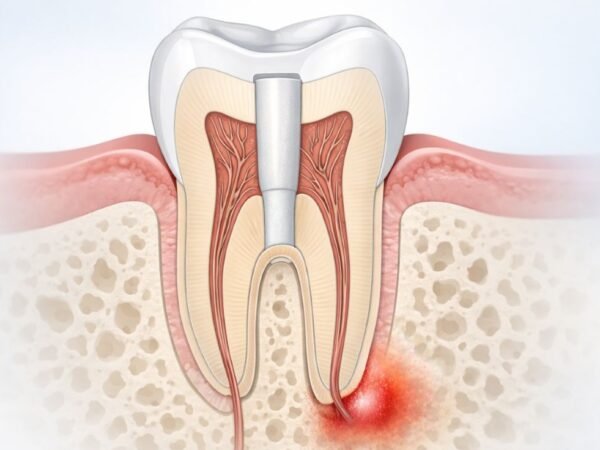Your health is paramount, and understanding when to seek specialized medical advice is crucial. Recognizing the common signs and symptoms that warrant a visit to a urologist can significantly affect your health and well-being. By consulting with a professional, such as a Urocare urologist in London, you can address these issues promptly and effectively, ensuring better health outcomes.
Let’s explore the key indicators that suggest you need to book an appointment with a urologist.
Persistent Urinary Tract Infections (UTIs)
If you frequently experience urinary tract infections (UTIs), it might be time to seek help from a urologist. Persistent UTIs can indicate underlying issues that need professional attention. Symptoms such as a burning sensation during urination, frequent urges to urinate, and cloudy or strong-smelling urine should not be ignored. Chronic UTIs may lead to more severe complications if left untreated, so it’s essential to consult a specialist to determine the root cause and receive appropriate treatment.
Blood in Urine
Noticing blood in your urine, known as haematuria, can be alarming. While it might be caused by something minor, like vigorous exercise, it can also be a sign of a more severe condition, such as kidney stones, infections, or even cancer. If you see blood in your urine, it is crucial to schedule an appointment with a urologist immediately. They can perform necessary tests to identify the cause and ensure you receive the proper treatment.
Pain or Discomfort
Pain or discomfort in the pelvic region, lower back, or during urination can indicate urological issues—conditions such as kidney stones, bladder infections, or prostatitis often present with these symptoms. Don’t delay seeking medical advice if you experience persistent pain or discomfort. A urologist can diagnose the problem and recommend an effective treatment plan to alleviate your symptoms and address the underlying cause.
Changes in Urinary Habits
Any significant changes in your urinary habits warrant a visit to a urologist. This includes difficulty urinating, a weak urine stream, frequent urination, or an inability to urinate. Such symptoms can be linked to various conditions, including an enlarged prostate in men or bladder disorders. Consulting a urologist can help identify the issue and prevent further complications.
Erectile Dysfunction
For men, erectile dysfunction (ED) can be a sensitive topic, but it’s essential to address it openly. ED can be a sign of underlying health problems, including cardiovascular disease or hormonal imbalances. A urologist can help determine the cause of ED and suggest appropriate treatments. Seeking help early can improve your quality of life and overall health.
Male Infertility
Infertility can be a distressing issue for couples trying to conceive. Suppose you’ve been unable to achieve pregnancy after a year of regular, unprotected intercourse. In that case, it may be time to consult a urologist. Male infertility can result from various factors, including low sperm count, poor sperm motility, or blockages. A urologist can perform tests to diagnose the issue and recommend treatments to improve your chances of conception.
Conclusion
Understanding the signs and symptoms that indicate the need for a urology consultation is essential for maintaining your health. Persistent UTIs, blood in urine, pain or discomfort, changes in urinary habits, erectile dysfunction, and male infertility are all reasons to seek the expertise of a urologist. Don’t wait until symptoms worsen—early intervention can significantly improve your quality of life.













